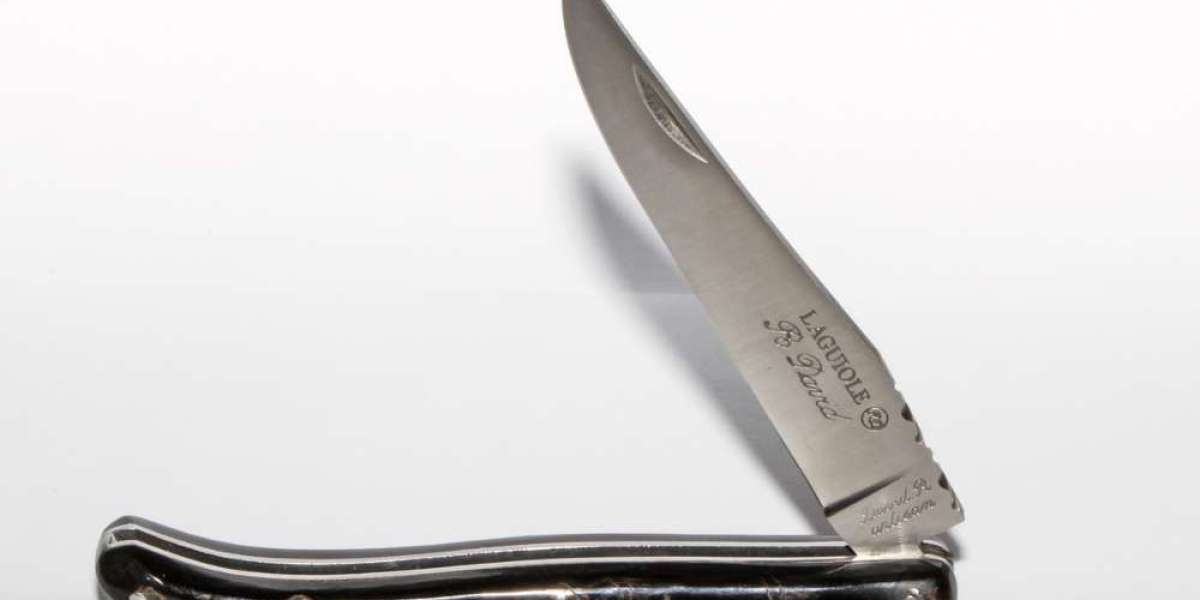Cutter knives, also known as utility knives or box cutters, are versatile tools used in various industries, from construction and packaging to arts and crafts. These knives are designed for precision cutting, making them essential for both professionals and DIY enthusiasts. In this guide, we’ll explore different types of cutter knives their uses, safety tips, and how to choose the best one for your needs.
Types of Cutter Knives
1. Retractable Utility Knives
Retractable utility knives feature a blade that can be extended or retracted for safety. They are commonly used for opening boxes, cutting packaging materials, and general-purpose tasks.
Pros:
Safe to store and carry
Adjustable blade length
Lightweight and portable
Cons:
Limited blade strength for heavy-duty tasks
2. Fixed-Blade Utility Knives
Fixed-blade utility knives have a non-retractable blade, making them more durable and suitable for heavy-duty cutting tasks like carpet installation or drywall cutting.
Pros:
Strong and durable
Ideal for tough materials
No risk of blade retraction during use
Cons:
Less safe when not in use
Requires a sheath for storage
3. Snap-Off Blade Knives
Snap-off blade knives have segmented blades that can be broken off to reveal a fresh, sharp edge when the current one dulls.
Pros:
Cost-effective (extends blade life)
Always provides a sharp edge
Great for precision cutting
Cons:
Blade segments can break unexpectedly
Not suitable for heavy-duty cutting
4. Specialty Cutter Knives
Some cutter knives are designed for specific tasks, such as:
Hobby Knives: Used in crafts and model-making (e.g., X-Acto knives).
Hook Blades: Designed for cutting carpets, vinyl, and linoleum.
Heavy-Duty Cutters: Used in construction for cutting thick materials.
Common Uses of Cutter Knives
Cutter knives are incredibly versatile and can be used for:
Packaging: Opening boxes, cutting tape, and breaking down cardboard.
Construction: Trimming drywall, cutting insulation, and scoring materials.
Crafts & DIY: Precision cutting in scrapbooking, model-building, and leatherwork.
Household Tasks: Cutting ropes, opening packages, and general repairs.
How to Choose the Right Cutter Knife
When selecting a cutter knife, consider the following factors:
1. Blade Type
Standard Blades: Good for general use.
Hook Blades: Best for flooring and carpeting.
Serrated Blades: Ideal for cutting fibrous materials.
2. Handle Design
Ergonomic Grips: Reduce hand fatigue during prolonged use.
Non-Slip Handles: Provide better control and safety.
3. Safety Features
Retractable Blades: Prevent accidental cuts when not in use.
Locking Mechanisms: Keep the blade securely in place during cutting.
4. Durability
Metal-Bodied Knives: More durable than plastic ones.
Replaceable Blades: Extend the tool’s lifespan.
Safety Tips When Using Cutter Knives
Always Retract or Cover the Blade When Not in Use – Prevents accidental injuries.
Cut Away from Your Body – Reduces the risk of self-injury.
Use a Sharp Blade – Dull blades require more force and can slip.
Wear Protective Gloves – Especially when handling heavy-duty materials.
Store Properly – Keep knives in a sheath or a secure place.
Conclusion
Cutter knives are indispensable tools for a wide range of tasks, from simple household chores to professional construction work. By understanding the different types, uses, and safety precautions, you can choose the best cutter knife for your needs and use it effectively. Whether you need a retractable utility knife for everyday tasks or a heavy-duty fixed blade for tough materials, there’s a perfect cutter knife out there for you.








